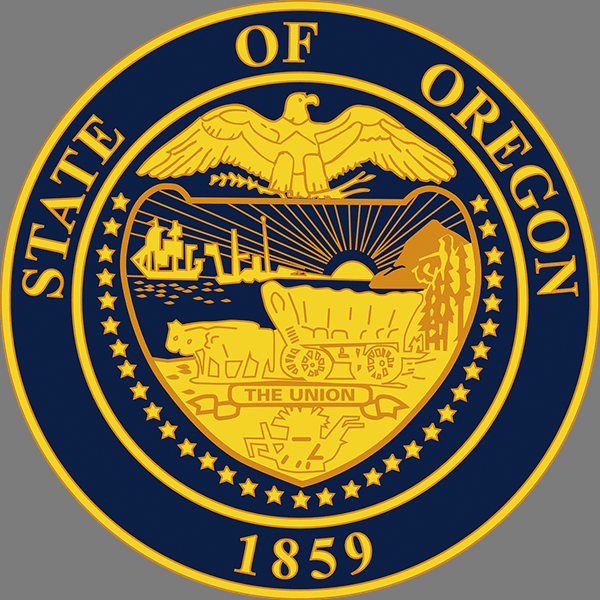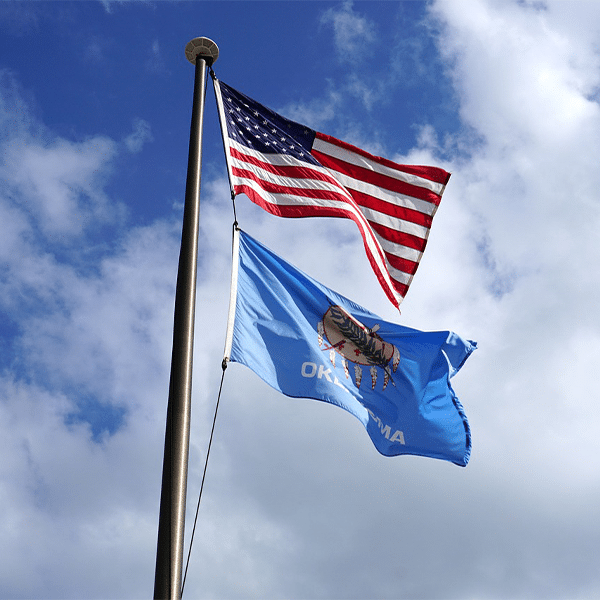States have the opportunity to correct some of the deficiencies of the FCC National Broadband Map, according to comments made by Evan Feinman, director of the NTIA’s $42.5 billion Broadband Equity Access and Deployment (BEAD) program on a webinar last week.
“States can do their own challenge process,” said Feinman on the webinar put on by the Fiber Broadband Association with Broadband.money.
Addressing service providers, he said, “You all know where your networks are, and communities know where their locations are, and the only way [this] will work is if [people] buy into that process and engage,” he said.
Feinman took care not to be critical of the FCC, noting that plans for the big update of the National Broadband Map were made before the adoption of the Infrastructure Investment and Jobs Act (IIJA) that created the BEAD program.
FCC rules call for twice-yearly updates with specific schedules and deadlines that don’t always mesh well with BEAD program deadlines.
Criticism of the Map
The National Broadband Map is intended to provide the latitude and longitude of every broadband serviceable location in the U.S. and to detail which providers offer broadband to every location and at what speeds. It will be the basis for determining how much each state is allotted in the BEAD program to cover some of the costs of making broadband available to unserved and underserved locations.
The map has received considerable criticism on a variety of fronts. Some critics say locations are missing, while others have questioned the broadband availability data. Both NTIA and the FCC have received criticism for not clearly communicating deadlines for challenges to the location database and to the availability data.
As it stands, no additional changes will be made to the location database prior to June 30, when NTIA is slated to make the state allocations. Service providers have until March 1 to enter availability data into the database.
Despite concerns about the accuracy of the location database, some stakeholders have urged NTIA not to delay the June 30 date for making the state allocations. Among them was Pew Charitable Trusts, which was a key advocate for giving states responsibility for awarding BEAD funding.
Pew and others have argued that the problems with the location database are unlikely to materially impact state allocations and therefore the current version is good enough for making the allocations.
Whether it’s good enough for awarding funds is a different issue, however, and that’s where Feinman sees state challenges coming into play.
State-Level Challenges
He noted, for example, that “communities will be able to bring forward large numbers of speed tests” – a move that could address concerns about the accuracy of the availability data that service providers are reporting. The FCC currently doesn’t have a process for challenging availability data for locations that a provider serves but not at the speeds the provider claims to offer.
According to Feinman, stakeholders should be suspicious when they see wireless service availability based on drawing a circle around a tower. That approach, he said, is “inadequately rigorous” because “very rarely” do signals propagate in a perfect circle.
Alternatively, he said, “if someone gets out there and has a really well-informed propagation map based on excellent topographic understanding and what they’re signal [strength] is and what the foliage looks like, that’s a wireless provider who’s being a good actor so they’re being honest or doing their best about where [a signal] is and is not from that tower.”
Feinman also noted that states will be able to use their own maps in awarding funding. Several states – including New York and Georgia – already have created their own broadband maps and more states may be in the process of doing so.
A replay of the FBA/Broadband.money webinar is available at this link.
Updated to state that the webinar was put on by the Fiber Broadband Association and Broadband.money



